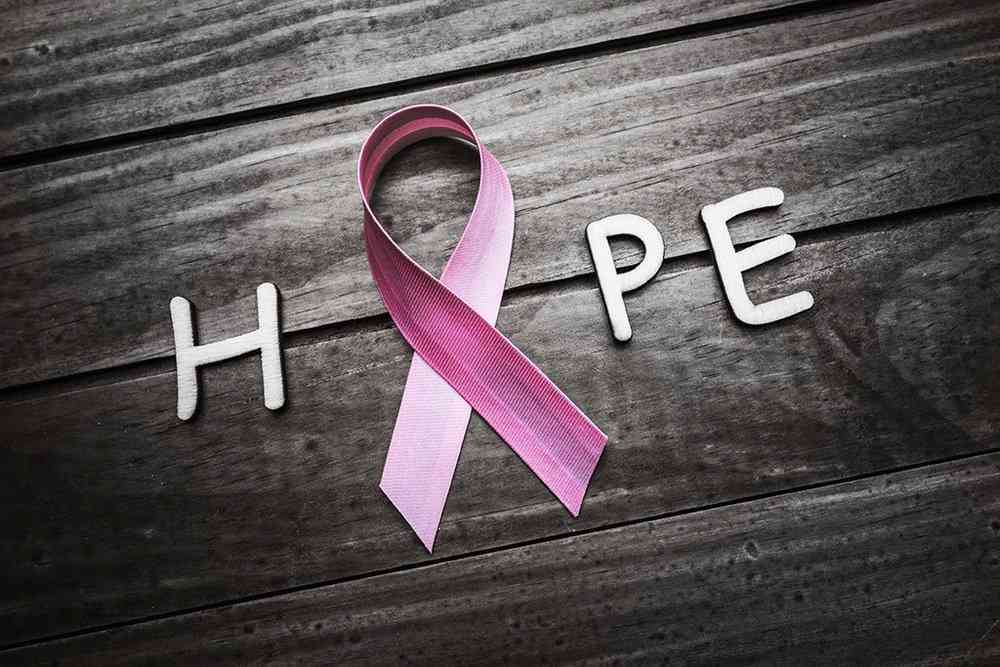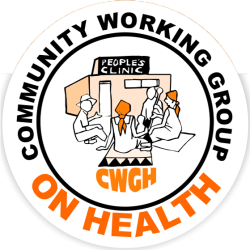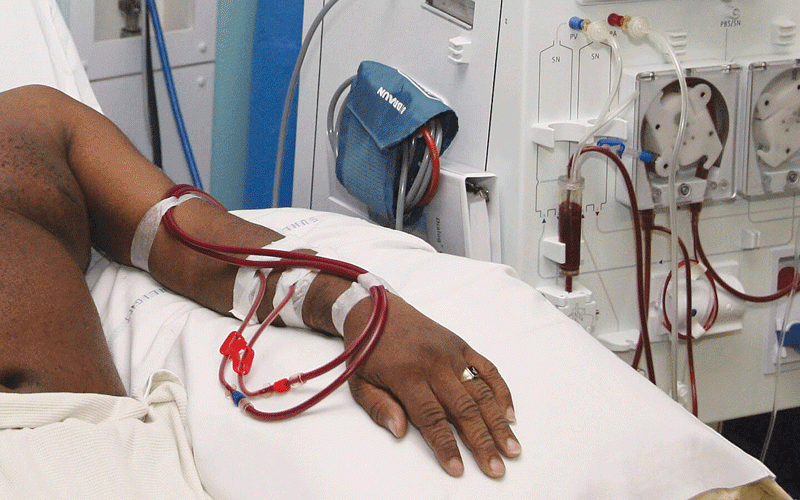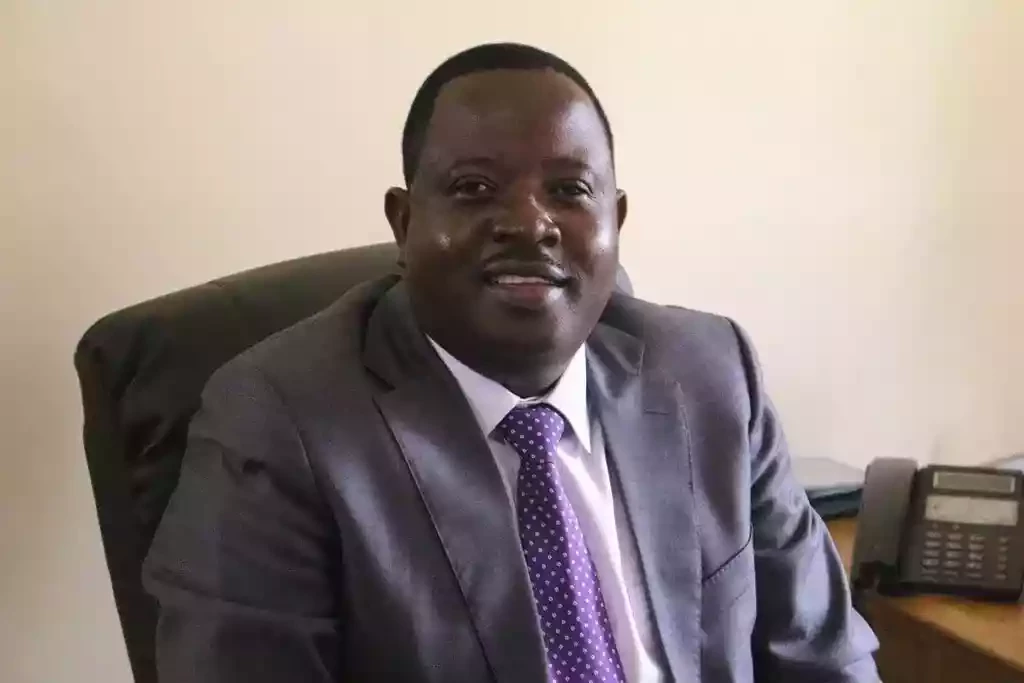
CANCER as one of the leading causes of death in Zimbabwe continues with its rage devouring lives around the country. With awareness and knowledge of the danger posed by cancer and the need for cancer screening and early detection, cancer-related deaths can be minimised.
In order to complement efforts being made by the government in fighting cancer, business community, civil society organisations, individuals and other stakeholders should converge for the same cause. Corporates can be involved through corporate social responsibility (CSR) or partnering with established cancer organisations which can help to promote awareness and access to healthcare facilities and improving likelihood of the people to go for cancer screening and get cancer treatment.
Health information and cancer screening awareness campaigns should be intensified to reach the public especially the rural population. These efforts and initiatives can increase public access to information about cancer, and cancer screening and treatment facilities among the rural population. There is a need for a comprehensive approach to make sure community health institutions are equipped with sufficient cancer screening facilities. Longer distances to healthcare facilities and insufficient, ineffective public transportation do not make access to healthcare facilities any easier in most parts of the country. This often delays diagnosis and treatment of cancer resulting in poor prognosis or death.
Partnership with cancer organisations can alleviate the cancer burden not only for the government but for the nation at large. Approaching cancer as a disaster may guarantee victory against this disease just like how the country managed to absorb Cyclone Idai and COVID-19 shocks through the help of various organisations and individuals.
Public health facilities are experiencing challenges with radiotherapy machines which has led to patients seeking services in the private sector and in surrounding countries in the sub-Saharan region.
It is undeniable that fixing of radiotherapy machines is expensive but it is unfortunate that these expenses have encroached deep into cancer patients’ pockets to cater for high treatment costs they are facing in the private sector. We need to understand that in some cases, cancer treatment makes patients unfit to work and this can lead to loss of jobs and income. It is, therefore, clear that these patients require assistance.
In order to face this Goliath, strategies have to be devised and implemented as a nation to ensure a solid financial status, access to healthcare facilities, and a conducive socio-cultural environment appropriate for cancer screening and post-diagnosis treatment. Organisations or individuals can a invest towards cancer treatment to ensure the welfare of patients is catered for. The country has three radiotherapy departments which are capable of serving the entire nation if they are fully functional. These radiotherapy machines are always down causing treatment delays and death of potential cancer survivors. In order to serve lives, decisions such as entering into service contracts for equipment are vital to cater for any inconsistencies and delays in the maintenance of these life-saving machines.
Non-governmental organisations (NGOs) can also play a critical role in cancer awareness campaign and treatment issues beyond financial intervention through advocating for policy change and enforcement and instilling moral urgency to neglected issues.
- Young entrepreneur dreams big
- Chibuku NeShamwari holds onto ethos of culture
- Health talk: Be wary of measles, its a deadly disease
- Macheso, Dhewa inspired me: Chinembiri
Keep Reading
Tobacco control, early detection programmes, provision of essential medicines for chemotherapy and pain control, revival of radiotherapy services are areas that NGOs, corporates and patient support groups and survivors can prioritise in order to have the greatest possible impact.
There is an urgent need to set up initiatives and efforts to disseminate accurate and timely cancer information in Zimbabwe such as breast, cervical, colon, prostate and childhood ccer. Awareness and screening levels of these priority cancersan are of paramount importance.
There are huge disparities in the capacities of healthcare systems, governmental programmes, and non-governmental organisations which should be contributing substantially to alleviating the cancer burden.
Corporates at their workplaces can undertake cancer prevention activities which should be some of their health promotion programmes. Such programmes may include smoking cessation, dietary modifications, physical fitness activities and participation in screening programmes which can be integrated into a workplace health promotion programme.











